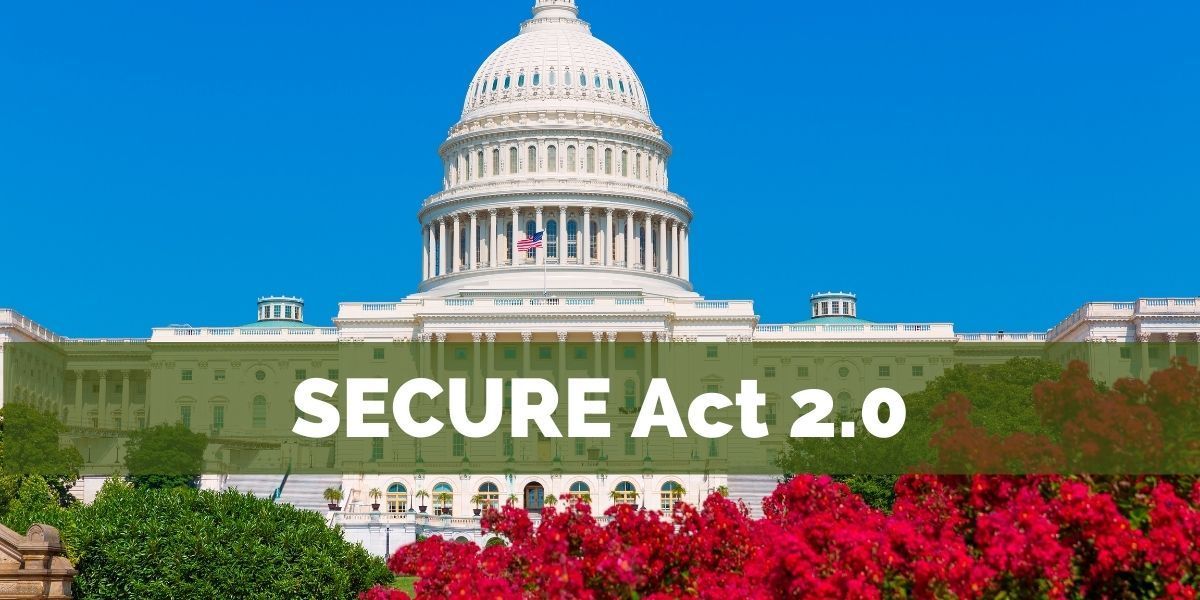Episode 99: Understanding and Implementing Wills & Trusts
Today’s Prep:
Do you have a will or trust? What part do they play in your financial plan? What mistakes do you want to be sure to avoid when setting them up?
Equipping Points:
Do you have a will or trust? Why are they important and at what age do you need to have one? Whether you are 28 and a parent of young kids, in a second marriage, a grandparent, or ready to retire, it’s important you know the information on today’s podcast.
Some people may assume that a will or trust is just for people with a lot of wealth. But the reality is, almost everyone could benefit from having a will. How do you know if you need a trust? Who is that best suited for? You can do a lot with a will and beneficiary designations, but you can even further control the assets you’re leaving behind with a trust.
What assets are included in a trust? How should you set it up? Or, how have people made mistakes when it comes to their wills and trusts? Make sure your trust is completely done when setting it up, because it can’t be changed once someone passes away. Are your beneficiaries listed appropriately? Is your trust properly funded?
Do you have a strategy in place for how your money and assets will be distributed? Different types of accounts can most tax-efficiently be inherited by different types of beneficiaries, whether you are giving money to a charity or human beings. Make sure you get good advice upfront that your assets are going to the places where you want them to go, with the best tax outcomes possible. That makes your assets go as far as they can go once you aren’t here anymore.
Who should you talk to in order to set up a will or trust? What part does your financial advisor play in the process? Get a referral from someone you trust to find an estate planning attorney that will meet your needs. Then, be sure to have your financial advisor review the documents to make sure everything is in order.
Today’s Takeaway:
“Make sure you get good advice upfront that your assets are going to the places where you want them to go, with the best tax outcomes possible.”
– David Dickens
KC Financial Advisors Blog














